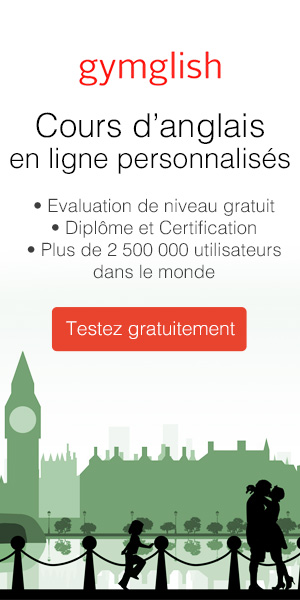Exercice temps anglais (le futur perfect continuous)
Le futur perfect continuous (I will have been playing)
Cliquez-ici pour télécharger et imprimer cette page d’ exercice en PDF gratuit (faites ‘enregistrer sous’).
Les corrections se trouvent en bas de page.
Exercice
Faites des questions au futur progressif:
- (How long/we/wait/for her) by now?
- (How long/they/run) ?
- (How long/she/learn/English) ?
- (How long/they/go out together) ?
- (How long/he/do/this) ?
